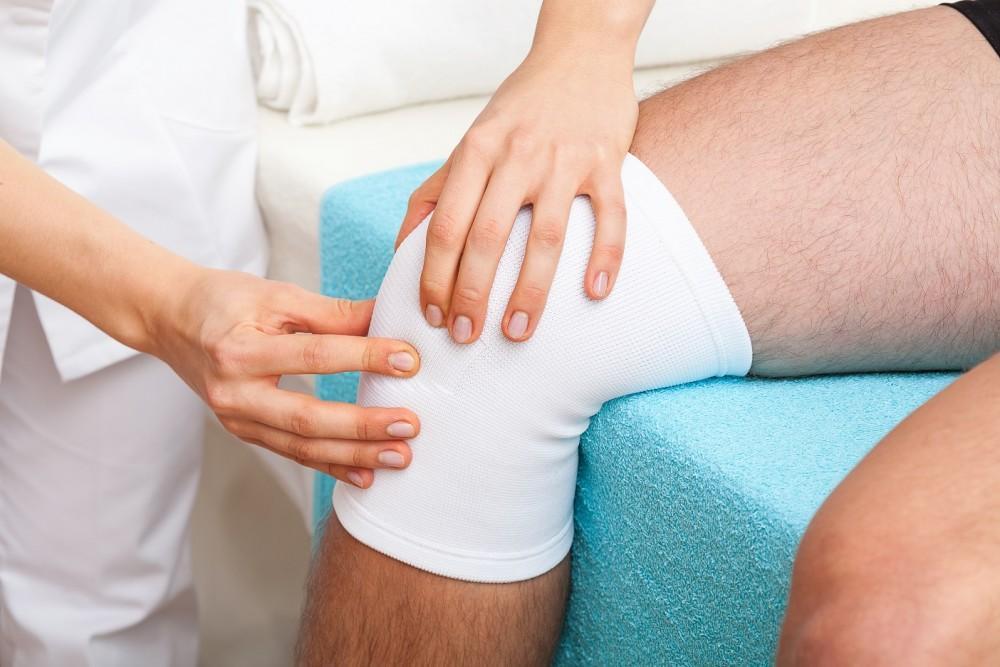Can a Torn ACL Heal on Its Own? Understanding Your Recovery
Most people know that an ACL tear can be devastating, at least for an aspiring or professional athlete. But not all ACL injuries are the same, and they may not require surgery. But does that mean they can heal on their own?
Dr. Jared Tadje specializes in sports injuries, including those involving the ACL, at Tadje Orthopaedics in Meridian, Idaho. He always strives to treat injuries with the most conservative methods possible. But some tissue damage requires surgical repair to heal properly.
Have you torn your ACL? Here’s what you should know about your prognosis.
The Problem With ACL Injuries
ACL stands for “anterior cruciate ligament.” This important stabilizing ligament is at the center of your knee and connects your shinbone to your thighbone. Its main job is to stop forward movement and rotation, which leaves it vulnerable to injury, especially in activities that require sudden changes in direction, like soccer, basketball, and football.
Over 400,000 ACL injuries occur each year in the United States. They can vary in severity from stretches to partial tears and ruptures. But they usually have one thing in common: They can cause long-term problems with stability and degeneration. This has to do with the nature of a ligament.
Ligaments connect bones to bones. This tissue primarily contains sturdy collagen fibers with a little bit of elasticity, which gives them enough stretch to allow movement. And, while strong, this tissue can overstretch or tear fairly easily.
Unlike other tissue in the body, the ACL ligament doesn’t have a blood supply. That means the ACL can’t heal on its own when damaged. As a result, some ACL injuries require surgery to provide the best recovery outcomes.
Recovering From an ACL Injury
ACL injuries often fall on a three-point scale, with Grade 1 being the most minor and Grade 3 the most severe — a completely torn ligament.
In many cases, ACL tears involve additional injury. For instance, 70% of ACL tears also include damage to one or both menisci in the knee. As you might expect, the more severe the damage, the more unstable your knee joint moving forward.
You can recover from an ACL injury, even partial and complete tears. But the ligament doesn’t technically heal, which increases your chances of persistent problems with knee instability. Not only can this prevent you from participating in activities you enjoyed pre-injury, but chronic instability can lead to meniscus damage in the future.
In order to effectively heal a damaged ACL, you need a personalized treatment strategy to restore stability to your joint.
“Healing” an ACL Tear
The best option for healing a torn ACL involves replacing the ligament with new tissue. The tissue graft, harvested from another area of your body or a donor, serves as a foundation for healthy, new ligament tissue to grow.
Dr. Tadje performs this surgery, known as ACL reconstruction, by making a small incision in your knee. Then he carefully removes the damaged tissue and grafts a new one in place, anchoring it to your bones with screws.
After placing your graft, Dr. Tadje closes your incisions for a few stitches, and you can go home to recover. He could also recommend platelet-rich plasma (PRP) therapy in the coming weeks to activate and accelerate the healing process in your body.
You can expect physical therapy to begin within the first week of your procedure, and you can generally return to normal activity 6-9 months after ACL reconstruction.
Are you having problems with your ACL? Learn more about your treatment options by calling Tadje Orthopaedics at 208-515-2654 and scheduling a consultation today.

